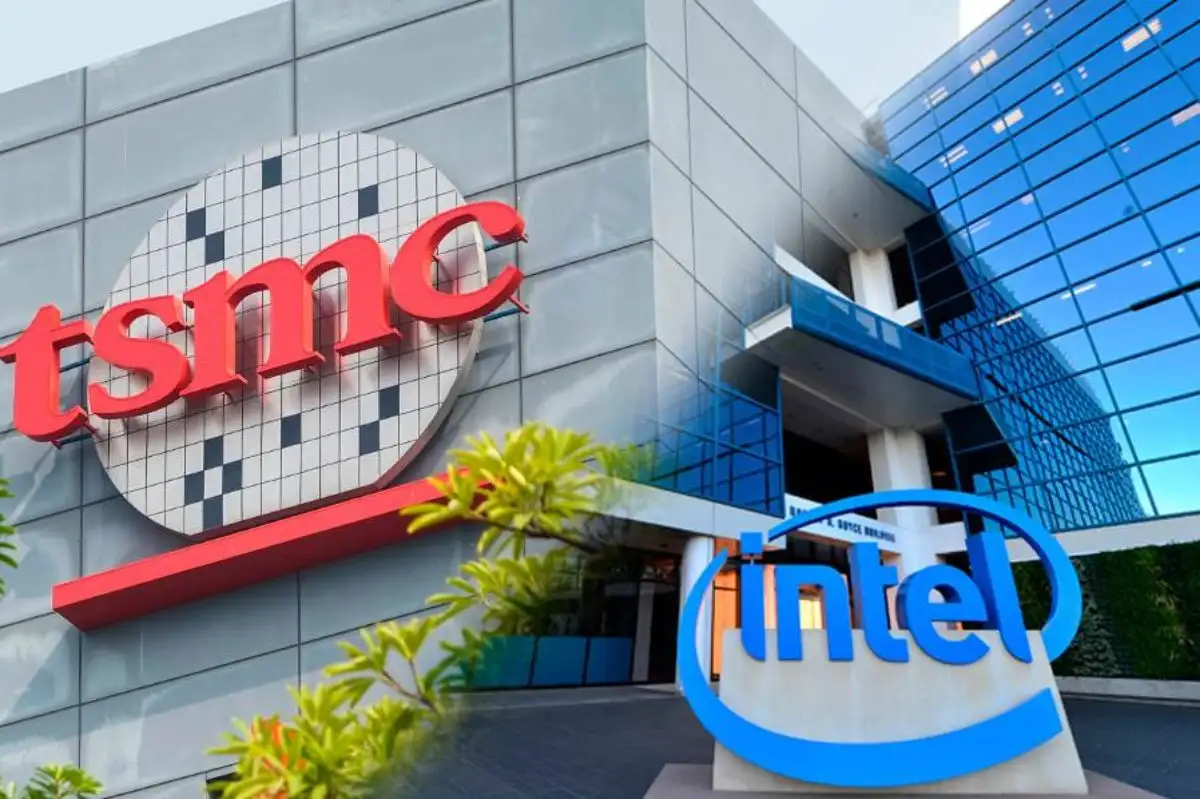
-advertisement-
Intel has reportedly decided to outsource the production of its next-generation Lunar Lake processors to TSMC, due to ongoing challenges in its wafer foundry business. According to Commercial Times, all sub-3nm process manufacturing will be handled by TSMC, marking a significant shift in Intel’s production strategy. This move follows Intel’s struggles with its own advanced manufacturing nodes, particularly the 18A process, which has raised concerns about its feasibility for mass production.

Intel’s foundry division has faced mounting losses, posting a $2.8 billion loss in the most recent quarter with an operating margin of -65.5%. The company is investing heavily in expanding its Intel 4 and Intel 3 facilities in Ireland, but the increased costs of research, development, and scaling have impacted profitability. Broadcom, one of Intel's potential customers for the 18A process, has reportedly expressed concerns about the node's viability for high-volume production.
In response to its financial pressures, Intel is implementing a global 15% workforce reduction plan, with the cuts mainly affecting its foundry business. Intel's Taiwan operations, however, remain unaffected to preserve production partnerships with local manufacturers. At the same time, Intel is also exploring additional cost-cutting measures, including halting dividends—something not seen in over 30 years—and slowing global expansion projects, such as pausing a new chip packaging and testing facility in Penang, Malaysia.
Industry analysts, including Andrew Lu, believe Intel's current cash flow may be insufficient to support the massive capital expenditure required to sustain its advanced production nodes, which could range between $5 billion and $6 billion. This financial shortfall, coupled with technical setbacks, threatens to widen Intel's technology gap with competitors. Lu further predicts that TSMC will likely benefit from Intel’s difficulties, expecting TSMC’s capital expenditure to surge to $40 billion by next year as it picks up more orders.
As Intel continues to realign its strategy, the company remains committed to its foundry business, having released the 18A process design kit (PDK) to IC manufacturers in July. However, with Broadcom's concerns and Intel's decision to outsource sub-3nm production, it remains to be seen how the tech giant will balance its ambitions with the realities of the semiconductor market.
Editor:Lulu
▼▼▼
Netherlands expands export control over ASML's two DUV machines, effective on Sep.7
Apple's new iPhone will use Arm's next-generation chip technology for AI
SK Hynix to convert DRAM line for HBM3E due to high demand
Tower Semiconductor, Adani link for $10B chip project
Exclusive: Qualcomm has explored buying pieces of Intel chip design business
TSMC and Samsung partner to develop next-generation HBM4 for AI chip advancements
+86 191 9627 2716
+86 181 7379 0595
8:30 a.m. to 5:30 p.m., Monday to Friday
